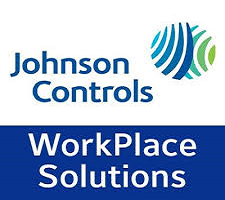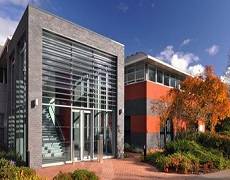October 6, 2014
We’ve long had ‘overwhelming evidence’ for the link between office design and productivity
 Perhaps the most widely reported news from the world of workplace over the last couple of weeks has been the analysis from the World Green Building Council that links office design with productivity and wellness. And the two words from the report that have featured most commonly in the associated stories’ headlines have been ‘overwhelming evidence’. While this has been repeated as if it’s some kind of revelation, the truth is that we have had compelling and overwhelming evidence for many years, and barely a year goes past without some study or other making the same point in no uncertain terms. Each report merely serves to raise a more interesting question; given the sheer body of work linking the workplace with productivity (and happiness and motivation and so on), why does the argument still need to be made?
Perhaps the most widely reported news from the world of workplace over the last couple of weeks has been the analysis from the World Green Building Council that links office design with productivity and wellness. And the two words from the report that have featured most commonly in the associated stories’ headlines have been ‘overwhelming evidence’. While this has been repeated as if it’s some kind of revelation, the truth is that we have had compelling and overwhelming evidence for many years, and barely a year goes past without some study or other making the same point in no uncertain terms. Each report merely serves to raise a more interesting question; given the sheer body of work linking the workplace with productivity (and happiness and motivation and so on), why does the argument still need to be made?
























October 6, 2014
Two-fifths of global employees would choose flexible working over a payrise
by Sara Bean • Comment, Flexible working, News, Workplace